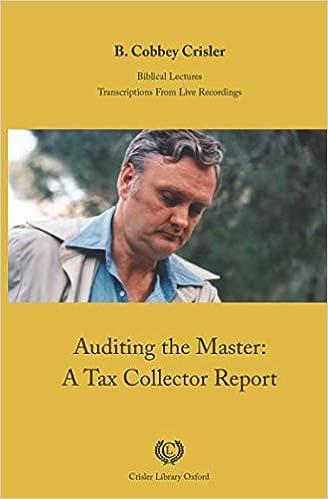


Zwinger Nursery plans to sell a similar fertilizer/weedkiller compound through its regional nursery chain under its own private label. Zwinger does not have manufacturing facilities of its own, so it has asked Wesco (and several other companies) to submit a bid for manufacturing and delivering a 27,000-pound order of the private brand compound to Zwinger. While the chemical composition of the Zwinger compound differs from that of GrowNWeed, the manufacturing processes are very similar. The Zwinger compound would be produced in 1,000-pound lots. Each lot would require 39 direct labor-hours and the following chemicals: The first three chemicals (AG-5, KL-2, and CW-7) are all used in the production of GrowNWeed. DF-6 was used in another compound that Wesco discontinued several months ago. The supply of DF-6 that Wesco had on hand when the other compound was discontinued was not discarded. Wesco could sell its supply of DF-6 at the prevailing market price less $0.11 per pound selling and handing expenses. Wesco also has on hand a chemical called BH3, which was manufactured for use in another product that is no longer produced. BH3, which cannot be used in GrowNWeed, can be substituted for AG-5 on a one-for-one basis without affecting the quality of the Zwinger compound. The BH3 in inventory has a salvage value of $500. Inventory and cost data for the chemicals that can be used to produce the Zwinger compound are shown below: The current direct labor wage rate is $18 per hour. The predetermined overhead rate is based on direct labor-hours (DLH). The predetermined overhead rate for the current year, based on a two-shift capacity with no overtime, is as follows: Wesco's production manager reports that the present equipment and facilities are adequate to manufacture the Zwinger compound. Therefore, the order would have no effect on total fixed manufacturing overhead costs. However, Wesco is within 110 hours of its twoshift capacity this month. Any additional hours beyond the 110 hours must be done in overtime. If need be, the Zwinger compound could be produced on regular time by shifting a portion of GrowNWeed production to overtime. Wesco's direct labor wage rate for overtime is $27 per hour. There is no allowance for any overtime premium in the predetermined overhead rate. Required: 1. Wesco has decided to submit a bid for the 27,000 pound order of Zwinger's new compound. The order must be delivered by the end of the current month. Zwinger has indicated that this is a one-time order that will not be repeated. Calculate the lowest price that Wesco could bid for the order and still exactly cover its incremental manufacturing costs. 2. Refer to the original data. Assume that Zwinger Nursery plans to place regular orders for 27,000-pound lots of the new compound. Wesco expects the demand for GrowNWeed to remain strong. Therefore, the recurring orders from Zwinger would put Wesco over its two-shift capacity. However, production could be scheduled so that 60% of each Zwinger order could be completed during regular hours. As another option, some GrowNWeed production could be shifted temporarily to overtime so that the Zwinger orders could be produced on regular time. Current market prices are the best available estimates of future market prices. Wesco's standard markup policy for new products is 40% of the full manufacturing cost, including fixed manufacturing overhead. Calculate the price that Wesco, Incorporated, would quote Zwinger Nursery for each 27,000 pound lot of the new compound, assuming that it is to be treated as a new product and this pricing policy is followed. Complete this question by entering your answers in the tabs below. Wesco has decided to submit a bid for the 27,000 pound order of Zwinger's new compound. The order must be delivered by the end of the current month. Zwinger has indicated that this is a one-time order that will not be repeated. Calculate the lowest price that Wesco could bid for the order and still exactly cover its incremental manufacturing costs. Note: Round all intermediate calculations and final answer to 2 decimal places. Complete this question by entering your answers in the tabs below. Refer to the original data. Assume that Zwinger Nursery plans to place regular orders for 27,000-pound lots of the new compound. Wesco expects the demand for GrowNWeed to remain strong. Therefore, the recurring orders from Zwinger would put Wesco over its two-shift capacity. However, production could be scheduled so that 60% of each Zwinger order could be completed during regular hours. As another option, some GrowNWeed production could be shifted temporarily to overtime so that the Zwinger orders could be produced on regular time. Current market prices are the best available estimates of future market prices. Wesco's standard markup policy for new products is 40% of the full manufacturing cost, including fixed manufacturing overhead. Calculate the price that Wesco, Incorporated, would quote Zwinger Nursery for each 27,000 pound lot of the new compound, assuming that it is to be treated as a new product and this pricing policy is followed. Note: Round your intermediate DLHs to the nearest whole hour. Round all other intermediate calculations and final answers to 2 decimal places









